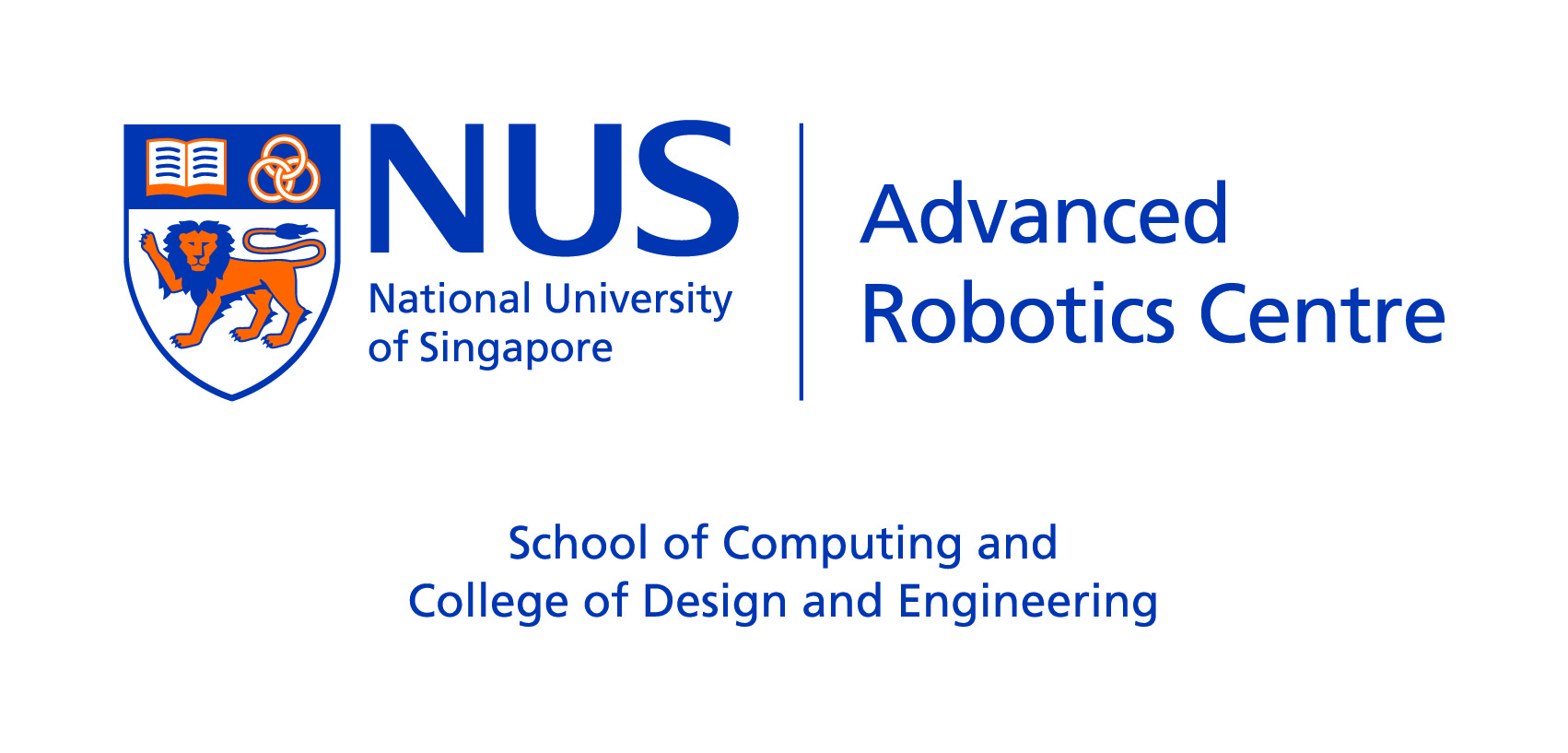Announcement
Invitation to submit papers for RSS 2021 Workshop on Integrating Planning and Learning
posted on 26 May 2021We invite participants from all fields of robotics to submit extended abstracts (max. 3 pages + references) related to the workshop topic, anywhere on the spectrum between model-based planning and model-free learning.
Submissions can include original research, late-breaking results, position papers, and literature reviews. Significant overlap with work submitted to other venues is acceptable, as long as it has not yet been published or presented.
RSS 2021 Workshop on Integrating Planning and Learning
July 12th, Virtual event
Website: planandlearn.net
Submission deadline: June 20th, 2021 (23:59:00 AoE)
Submission website: https://cmt3.research.microsoft.com/WIPL2021/
Motivation, scope, and questions
Planning and learning are two fundamental capabilities of robots. While planning seeks to solve a task by synthesizing policies on the fly, learning seeks to obtain solutions from experiences provided by data. The two domains have independently advanced in the past decades and both achieved remarkable success on their most suitable tasks. There is a noticeable trend to combine these two capabilities. Particularly, there are the following complementary directions:
– Learning to plan: Learning heuristics, sampling distributions, action abstractions, etc. for planning.
– Planning to learn: Learning from planners; active learning; uncertainty-aware learning, etc.
– Differentiable planners: Embedding the structure of planners into neural networks so that both the model and planner parameters can be learned end-to-end.
– Model learning: Learning dynamics and observation models for complex domains and use them for planning.
– Learning representations: Learning state, observation, or belief representations to enable efficient planning with high-dimensional observation spaces.
– Model augmented RL: Leveraging models to augment learning and achieve sample efficiency.
However, what is missing is a systematic discussion on where and how these strategies shall be best applied and how they can be seamlessly combined. To list a few:
– How can we quantify that a learned model is useful beyond its prediction accuracy, i.e. actually enabling efficient planning and reasoning?
– How are the principles of planning to learn and learning to plan different from standard planning and learning principles?
– How to use learning subcomponents “properly” in planning, preferably with theoretical guarantees?
– What meta-problems in learning can be formulated as planning problems?
– Are differentiable planners merely structural priors for deep RL, or beyond that?
In this workshop, we aim to bring together researchers in the planning and learning sub-domains, to discuss these questions and explore new opportunities for integrating planning and learning that potentially incubate the next level of intelligence.
Important dates
June 20th (AoE): Submission deadline
July 1st: Notification of acceptance
July 7th: Final submission
July 10th: Spotlight video submission
July 12th: Workshop day at RSS 2021
Instructions for authors
Submissions will be made via Microsoft CMT via: https://cmt3.research.microsoft.com/WIPL2021/. Submissions should be in PDF format and follow the RSS template (Link: https://roboticsconference.org/information/authorinfo/). Submissions should NOT be anonymized.
Accepted submissions will provide pre-recorded 3-minute spotlight talks and present at a dedicated virtual poster session. All accepted abstracts and talks will be posted on the workshop website.
Tentative list of invited speakers (panelists)
* Aleksandra Faust, Google Brain, USA
* Chelsea Finn, Stanford University, USA
* Dieter Fox, University of Washington (UW), USA
* Andreas Geiger, University of Tübingen, Germany
* David Hsu, National University of Singapore (NUS), Singapore
* Leslie Kaelbling, Massachusetts Institute of Technology (MIT), USA
* George Konidaris, Brown University, USA
* Igor Mordatch, Google Brain, USA
* Michael Posa, University of Pennsylvania, USA
* Alberto Rodriguez, Massachusetts Institute of Technology (MIT), USA
* Nicholas Roy, Massachusetts Institute of Technology (MIT), USA
* Sidd Srinivasa, University of Washington (UW), USA
* Aviv Tamar, Israel Institute for Technology, Israel
* Amy Zhang, McGill University, Canada
Organizers
* Panpan Cai, National University of Singapore (NUS), Singapore
* Danny Driess, TU Berlin, Germany
* Peter Karkus, National University of Singapore (NUS), Singapore
* Gilwoo Lee, Zordi, Inc., USA
* Yiyuan Lee, National University of Singapore (NUS), Singapore
* Jeannette Bohg, Stanford University, USA
* David Hsu, National University of Singapore (NUS), Singapore
* Russ Tedrake, Massachusetts Institute of Technology (MIT), USA
* Marc Toussaint, TU Berlin, Germany
Back to Announcements
